A good idea? Keep it to yourself or sign an NDA!
Imagine you are a start-up with a fantastic idea for a unique product or a special service. Then, of course, you don’t want anyone else to ‘steal’ that idea. To prevent this from happening, you can invoke intellectual property rights. Note however: intellectual property rights do not apply to ideas or concepts that have not yet been implemented. If your idea has not yet taken shape, you should only discuss it with people you really trust or with trading partners who have signed a non-disclosure agreement (NDA).
Intellectual property law
An idea develops quickly into a concrete product or service and an original name is put on it. From then on, you may be able to claim intellectual property rights. However, this is all too often overlooked by entrepreneurs, who – proud as they are of their logo, name, product or service – throw their ideas into the hands of social media and the internet. If you have no proper protection through intellectual property rights, there is a risk that your competitors – whose existence you may did not even know – will copy your logo, name, product or service. If, on the other hand, you have an intellectual property right, you dispose of a temporary exclusive right of exploitation applicable to a certain territory, so that others are not allowed to copy or reproduce it.
Range of intellectual property rights
There are several different intellectual property rights, which will be of greater or lesser interest to you depending on what you wish to protect. The following intellectual property rights are the most common:



